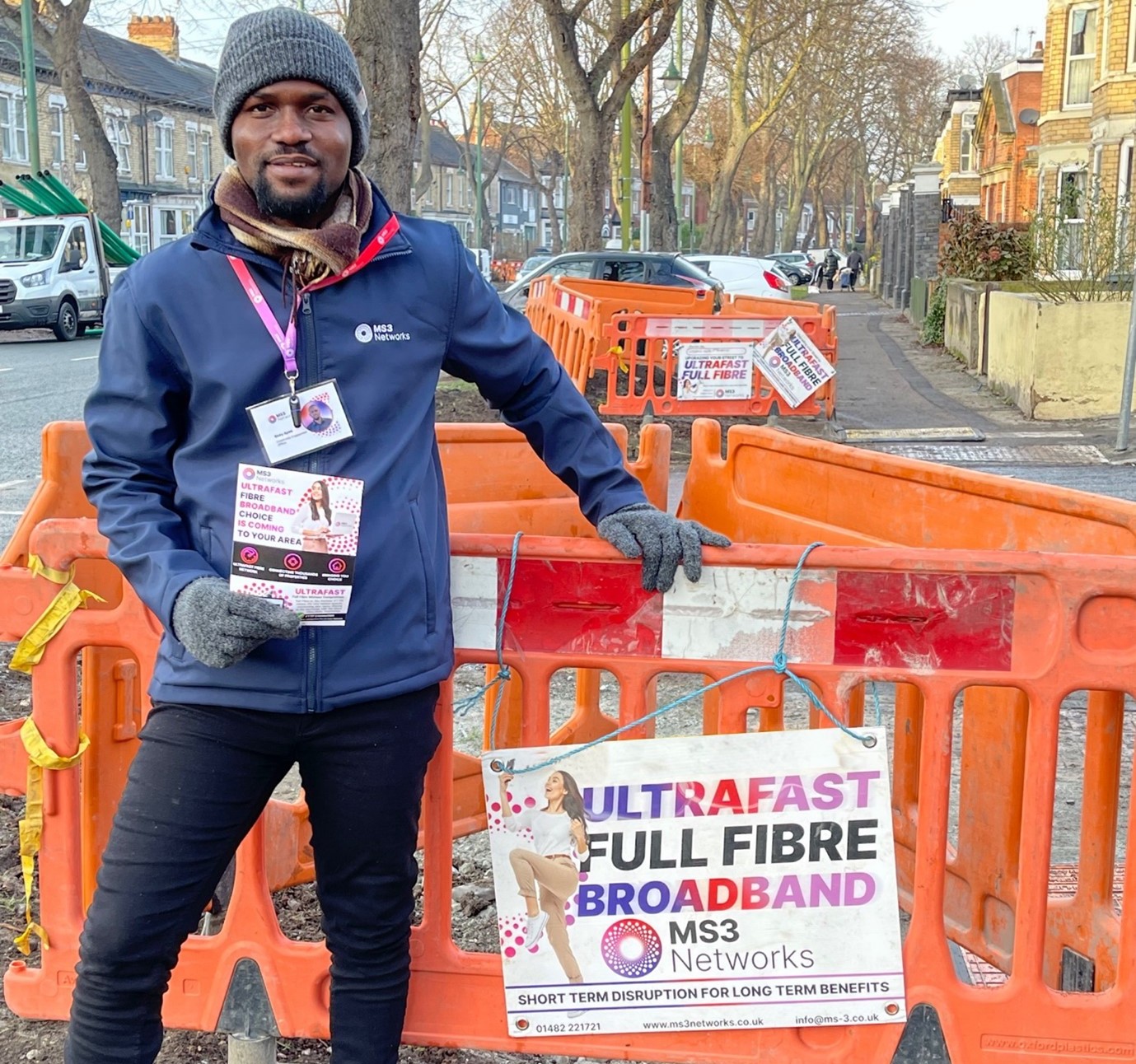Nigeria has taken a significant step toward establishing one of the biggest digital infrastructures in the developing world following the release of the technical blueprint for Project BRIDGE, a $2 billion fiber expansion project that aims to increase the nation’s network coverage from 35,000 to more than 125,000 kilometers.
The initiative involves seven primary fiber rings connecting Nigeria’s six geopolitical zones to Lagos, along with 37 city-based fiber loops, 77 regional networks, and several edge data centers, according to Minister of Communications and Digital Economy Dr. Bosun Tijani, who shared this information with stakeholders over the weekend.
The concept was showcased in Lagos during a gathering organized in collaboration with the Association of Telecommunications Companies of Nigeria, uniting key figures from the industry, government officials, and the press.
Tolong support kita ya,
Cukup klik ini aja: https://indonesiacrowd.com/support-bonus/
Every one of the nation’s 774 local government centers will receive a Point of Presence, a central location that provides internet access to nearby regions.
From these central points, fiber optic cables will extend to smaller administrative areas, initially prioritizing schools, health centers, and underprivileged neighborhoods. On average, each hub will be approximately six kilometers away from the areas it serves. The network is built to accommodate both major and small internet service providers, promoting competition and enhancing last-mile connectivity for residences and businesses.
“Over the last two years, we have put in a lot of effort into what is likely the most significant and essential digital infrastructure initiative in Nigeria’s history, Project Bridge,” the Minister stated in a release.
The Minister mentioned that the implementation will be carried out in stages based on population density and need, enabling flexible growth. At the core of the network, every regional loop is designed to enhance connectivity, supporting governance, education, economic development, and access to digital services across the country.
The initiative is designed to meet the requirements of both major and smaller ISPs, providing adaptable connectivity via core, metropolitan, and mid-tier layers. Through fostering fair competition and infrastructure sharing, it aims to boost the expansion of wired broadband across the country.
Project BRIDGE will be carried out via a Special Purpose Vehicle, with the Federal Government owning 51 percent and private sector partners holding 49 percent. Financial contributions consist of $500 million from the World Bank, $200 million from the African Development Bank, and further funds from the European Investment Bank, the Islamic Development Bank, and private investors.
The initiative was initially revealed in June 2024 as part of the National Broadband Plan (2020–2025) and received approval from the Federal Executive Council later that same year. In August 2024, Dr Tijani mentioned that the fiber installation might commence within six months, but the Federal Government has now stated that the extensive implementation will begin in the fourth quarter of 2025.
The middle-mile infrastructure has consistently posed a challenge for broadband expansion in Nigeria, even though there is significant international bandwidth available along its coast. Present deployment levels of approximately 5,000 km annually have not been enough to satisfy the need, leading the government to establish an intended start date for the initiative in the first quarter of 2026.
The program is also anticipated to enhance regional digital integration, offering possible advantages to the Economic Community of West African States, the West and Central African Research and Education Network, and the African Continental Free Trade Area Secretariat.
“The final stretch is still crucial and will focus on connecting service providers to residences, workplaces, and organizations through fiber or alternative technologies. This last segment will be backed by the underlying middle-mile network, facilitating wider internet availability throughout Nigeria,” Tijani said.
The Managing Director for West Africa at Equinix, Wole Abu, stated that telecommunications have transitioned from being a separate industry into the “engine room of economic development,” and cautioned that without strong foundational infrastructure, Nigeria would face challenges in providing critical services in areas like security and agriculture.
“As a reliable consultant for global enterprises and nations, we at Equinix, the digital company of the world, are thrilled to see Nigeria making courageous moves toward digital advancement,” the executive stated.
Provided by SyndiGate Media Inc. (Syndigate.info).







